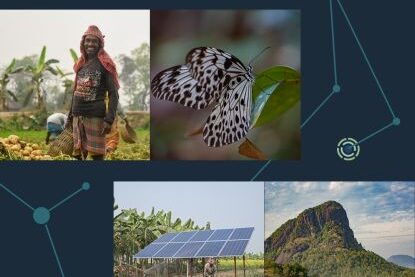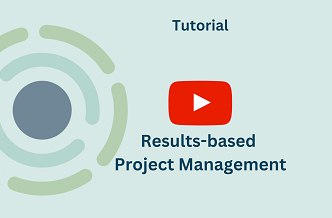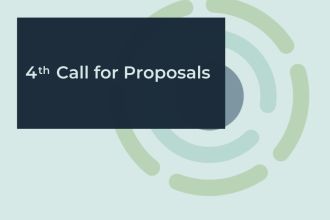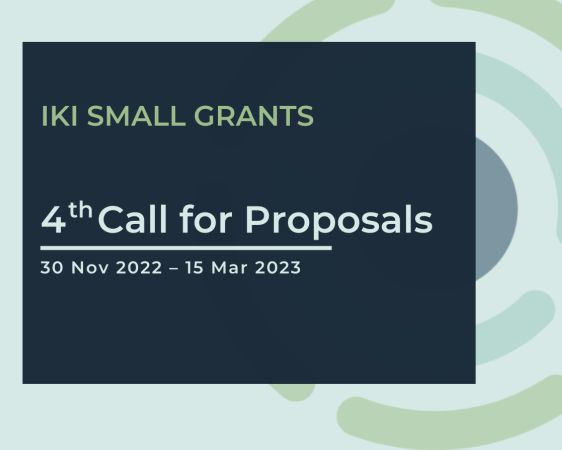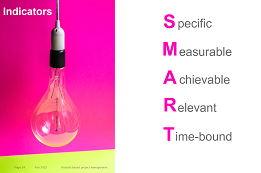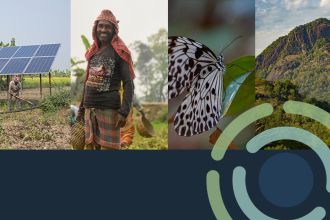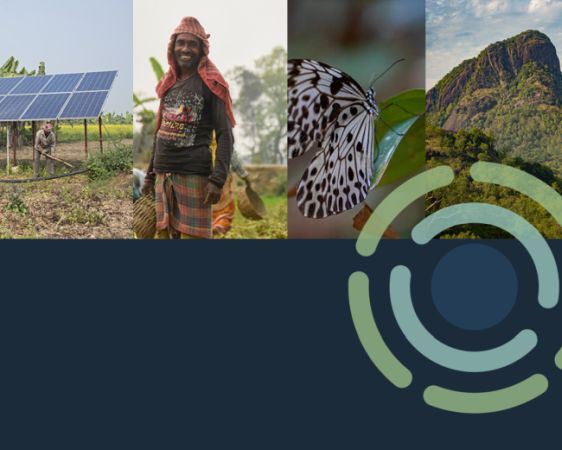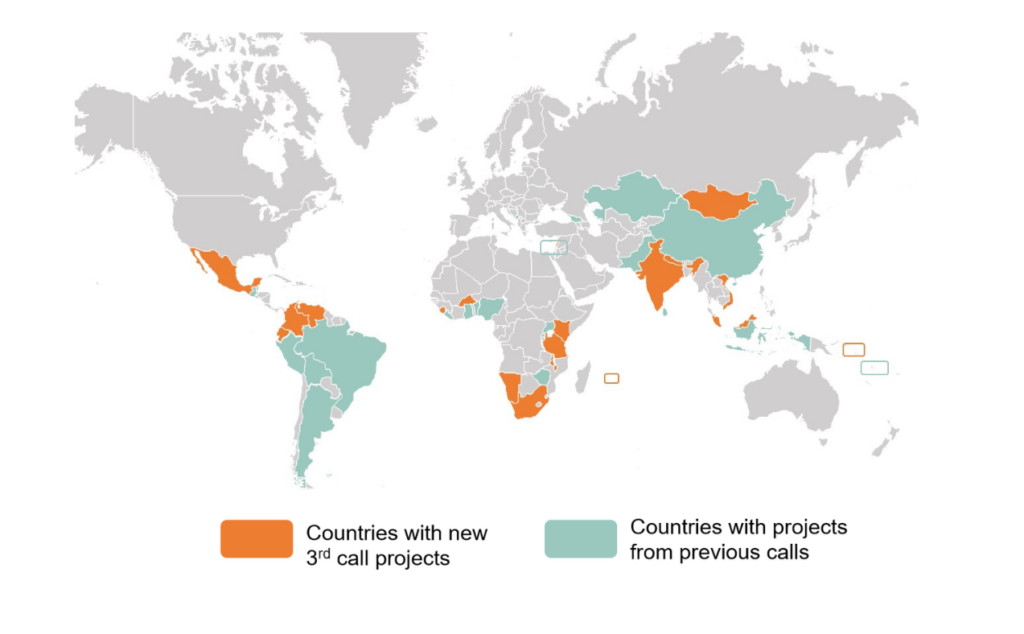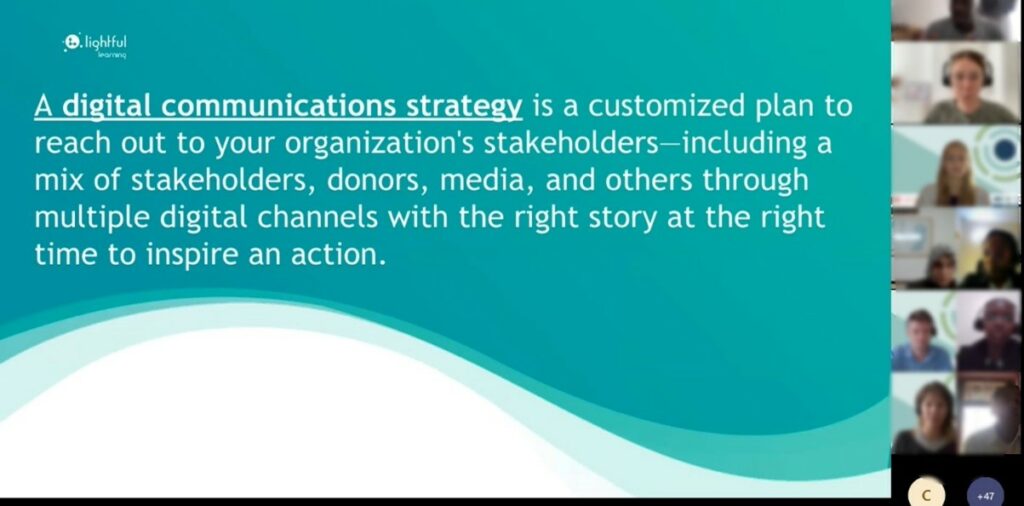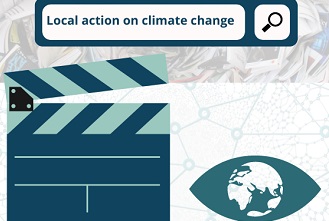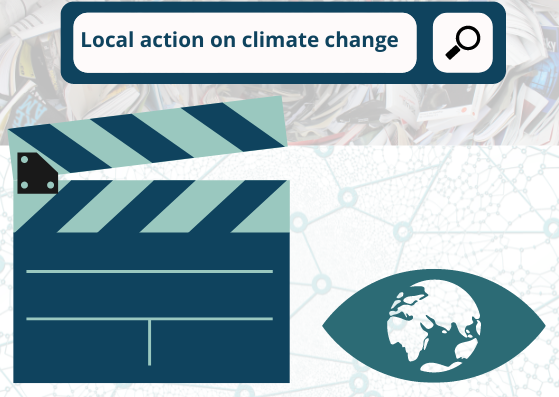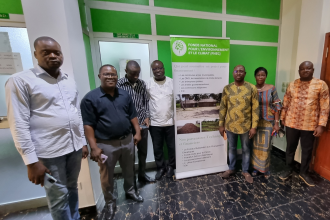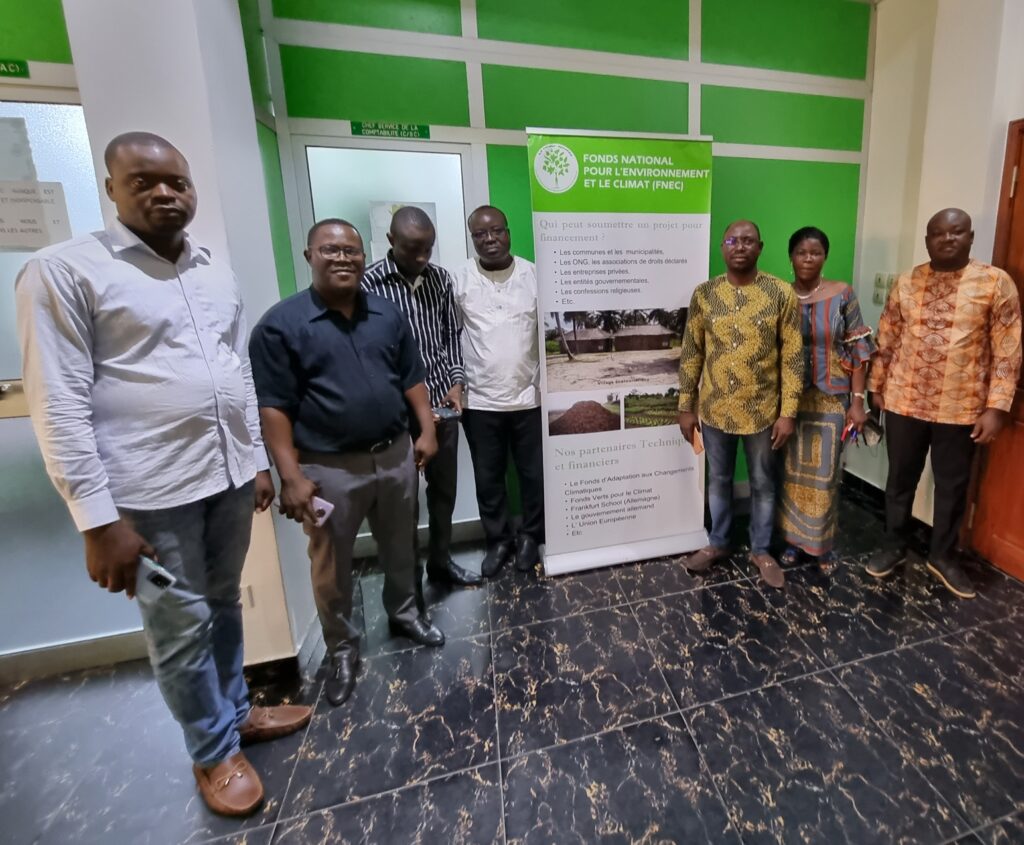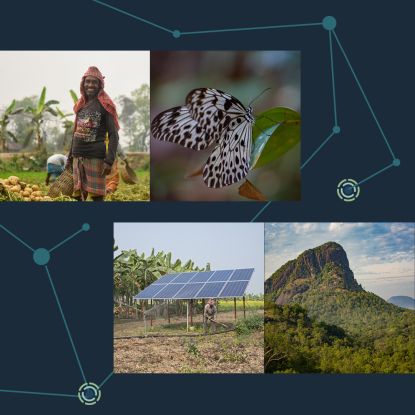
Six hundred and eleven – that is the enormous number of applications submitted for the fourth International IKI Small Grants Call for Proposals! The call closed in March 2023, and the IKI Small Grants team will now look at each of the 611 applications. All complete project applications will undergo a technical and legal/ commercial evaluation.
Compared to the third Call for Proposals with its 477 applications, the current Call witnessed an increase of more than a quarter. Even if the reasons can only be guessed, one thing is clear: interest in funding for small projects is high!
And that applies to all continents: The three countries with the most submissions are Kenya, Indonesia, and Colombia. Various regions are represented in the top 13 with Nepal, Pakistan, Tanzania, Uganda, Nigeria, India, Ghana, Mexico, Malawi, and Peru.
Funding areas: major differences
There are major differences in the funding areas to which the applications are assigned: Around half of the projects submitted want to be active in the area of adapting to the impacts of climate change, followed by mitigation of GHG emissions, conserving biological diversity, and conserving natural carbon sinks/REDD+.
Towards the selection of projects
What are the next steps after the evaluation of the projects? In close consultation with the Federal Ministry of Economic Affairs and Climate Action and the Federal Foreign Office, the IKI Small Grants team will select the best project ideas. Only after completing the selection process, all applicants are informed whether their application has been selected for funding.

